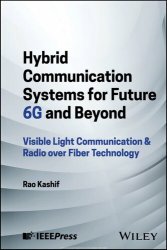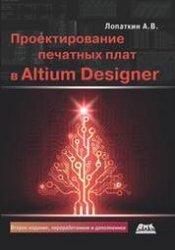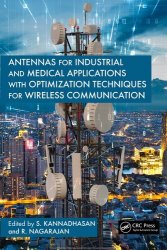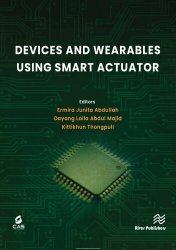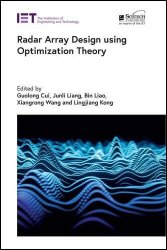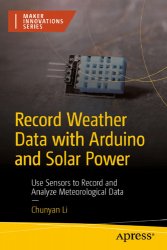- Добавил: literator
- Дата: 10-12-2024, 15:58
- Комментариев: 0
 Название: Modern System-on-Chip Design on ARM
Название: Modern System-on-Chip Design on ARMАвтор: David J. Greaves
Издательство: Arm Education Media
Год: 2021
Страниц: 607
Язык: английский
Формат: pdf (true)
Размер: 15.2 MB
SoC design has seen significant advances in the decade and ARM-based silicon has often been at the heart of this revolution. Today, entire systems including processors, memories, sensors and analogue circuitry are all integrated into one single chip (hence "System-on-Chip" or SoC). The aim of this textbook is to expose aspiring and practising SoC designers to the fundamentals and latest developments in SoC design and technologies using examples of ARM Cortex(R)-A technology and related IP blocks and interfaces. The entire SoC design process is discussed in detail, from memory and interconnects through to validation, fabrication and production. A particular highlight of this textbook is the focus on energy efficient SoC design, and the extensive supplementary materials which include a SystemC model of a Zynq chip. This textbook is aimed at final year undergraduate students, master students or engineers in the field looking to update their knowledge. It is assumed that readers will have a pre-existing understanding of RTL, Assembly Language and Operating Systems.

